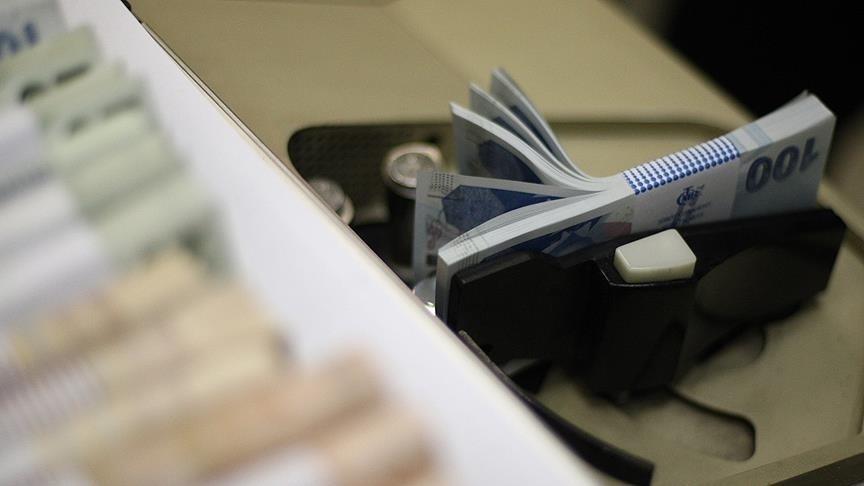
Ankara
By Andrew Jay Rosenbaum
ANKARA
Turkey’s central bank has predicted an end to the factors that led to the decline of the lira, leading to better control of inflation and increased economic stability.
In its latest report, the bank’s Monetary Policy Committee said many of the factors behind the lira’s fall over the past year had run their course. The currency has fallen 20 percent against the U.S. dollar since the start of 2015.
“Economic activity is expected to maintain a stable growth trend,” the minutes of the committee’s Dec. 22 meeting, released late Tuesday, said.
“Exchange rates followed a relatively stable course during the final quarter of the year amid easing domestic uncertainties and the significant improvement in the current account balance.”
In November, the Justice and Development (AK) Party that has governed Turkey since 2002 was returned to power with a parliamentary majority, overturning a June election that left the country with a caretaker government.
Christopher Dembik, an economist with Saxo Banque in Paris, told Anadolu Agency there had been less lira volatility than expected in the wake of the U.S. Federal Reserve’s interest rate hike on Dec. 16.
“The Turkish lira is rising against the dollar whereas most of the emerging currencies are dropping,” he said.
Improved currency stability has been one factor leading to steady interest rates in Turkey, the central bank said. It has also led to the narrowing of the “corridor” between overnight rates and one-week repo rates.
“Another factor reducing the need for a wide interest rate corridor is the effective use of policy instruments laid out in the road map published in August,” the Monetary Policy Committee said. “Excessive fluctuations both in exchange rates and loans have waned owing to the launch and effective use of these instruments.”
The road map calls for focusing policy around the one-week repo rate, currently at 7.50 percent, while the overnight rate is much higher at 10.25 percent.
“Against this background, monetary policy simplification steps would begin with the next meeting, should the decline in volatility prove persistent,” the bank said.
“The interest rate corridor is aimed to be narrower and more symmetrical around the one-week repo rate. The nature and the pace of simplification steps will depend on the factors affecting the volatility in global and domestic markets.”
Tight monetary policy and credit control is helping to stabilize inflation, although food prices continue to rise.
- 'Waning' effects of currency depreciation
The bank added that the effects of the depreciation of the Turkish lira are “waning” and said the committee “sees the lagged effects of previous lira volatility still pushing inflation higher but expects that movement to become reduced as the currency stabilizes”.
The committee called for tight monetary policy until inflation is fully under control.
Analysts said currency volatility will become a less significant factor in the near future as stronger elements of the Turkish economy take on a more prominent role. The committee forecast “robust growth” in the coming year.
The latter stages of 2015 have seen GDP rise by 4 per cent year-on-year while exports have risen relative to imports and consumption spending continues to expand, according to the committee’s minutes.
“The local macro fundamentals story is more important now,” Vladimir Miklashevsky, an economist with Danske Bank in Helsinki, told Anadolu Agency.
The committee also noted increasing employment growth, with industrial employment climbing highest in September following a decline over the previous three quarters.
“Going ahead, industrial production and survey indicators signal a mild increase in employment,” the bank said.
Bora Tamer Yilmaz, an economist with Ziraat Securities in Istanbul, said Turkey compared favorably with other emerging markets.
“While many EMs are entering a bust in their credit cycles and their growth rates are falling down together with their investment grade ratings, Turkey has room to increase her leverage and [is] able to sustain her above 4 percent growth trend and preserve her investment grade rating,” he said.
Anadolu Agency website contains only a portion of the news stories offered to subscribers in the AA News Broadcasting System (HAS), and in summarized form. Please contact us for subscription options.




